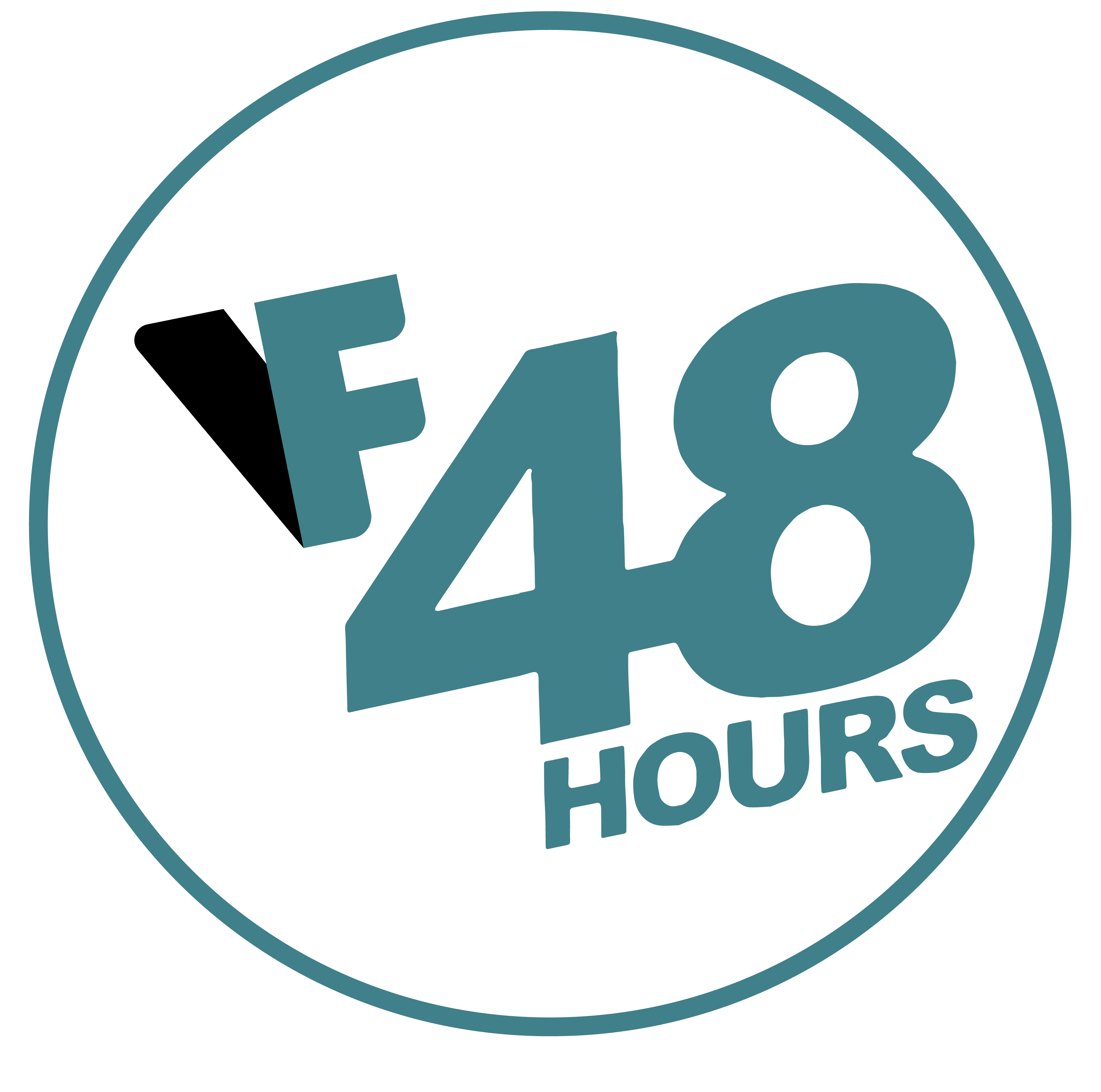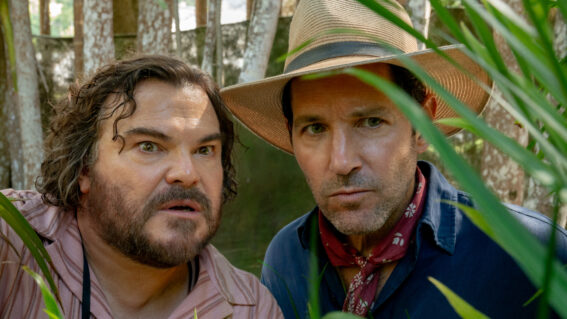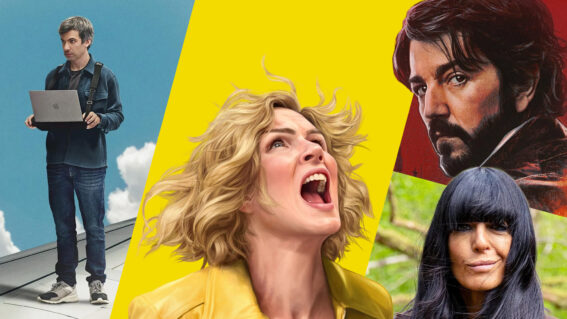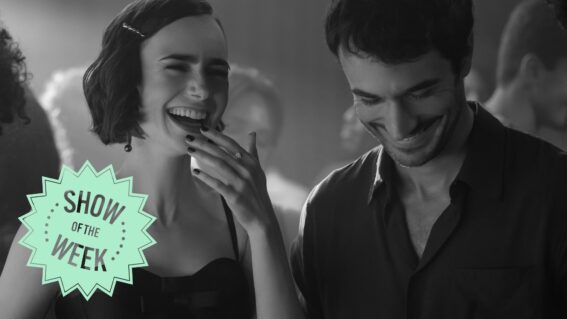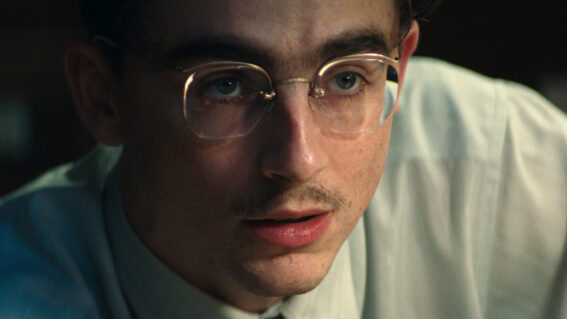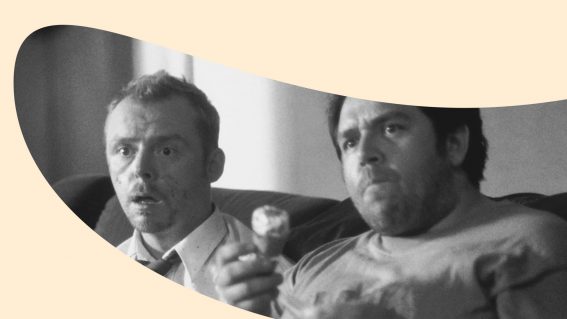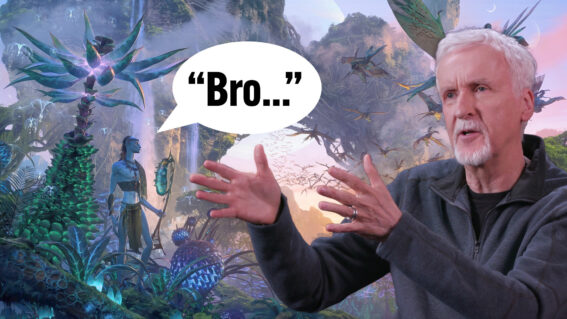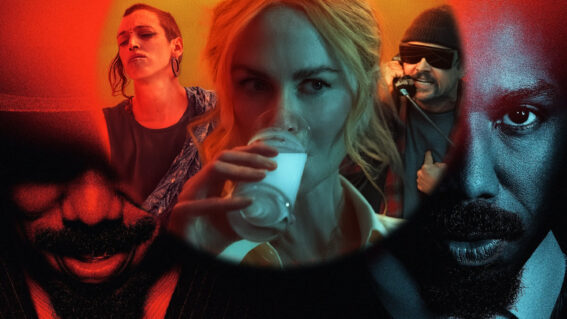48Hours isn’t just a competition; it’s one of NZ’s best cinema events
On July 27, The Embassy plays host to the Vista Foundation 48Hours Grand Final – and it’ll be a great night out.
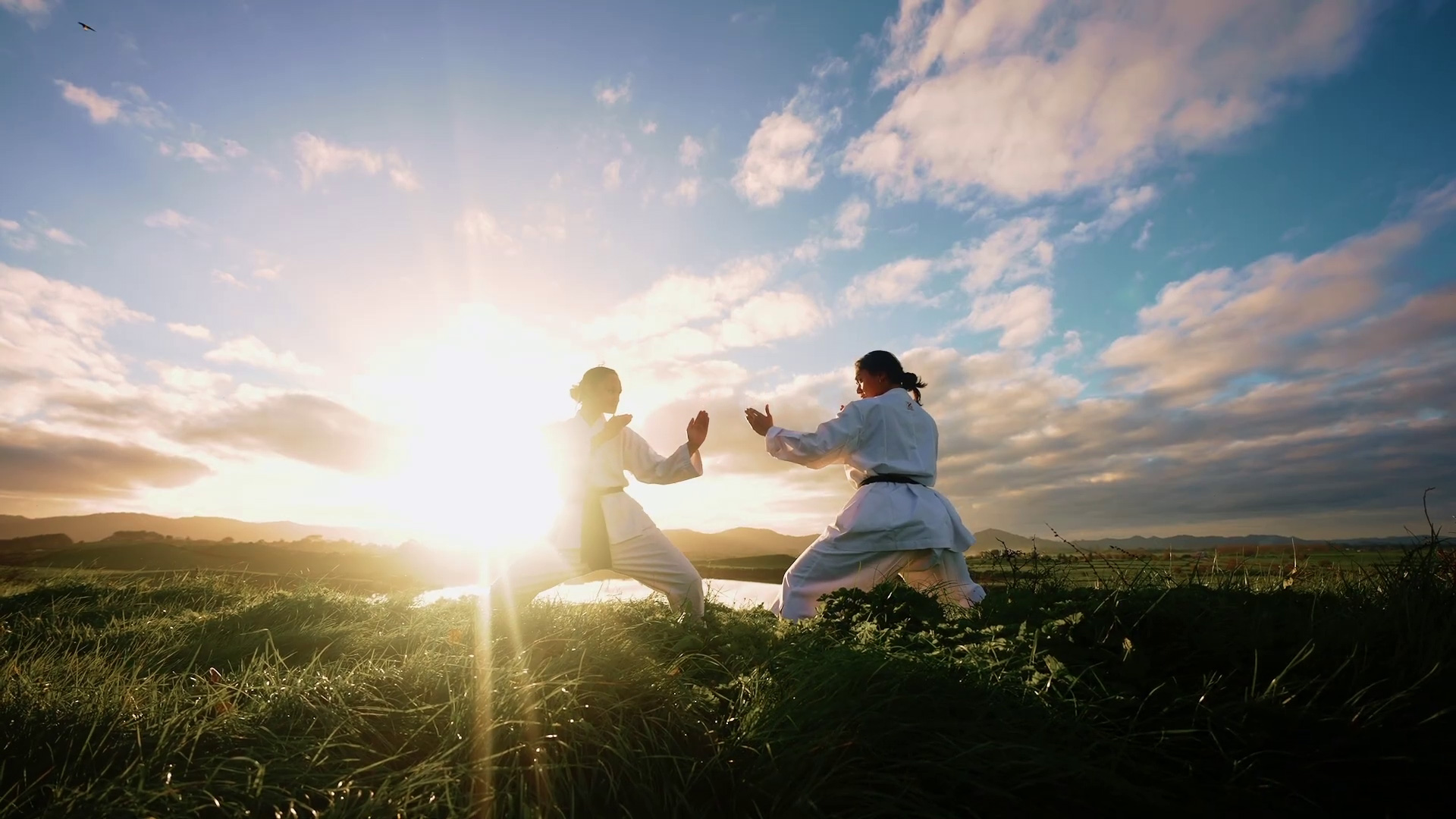
The Vista Foundation 48Hours Grand Final is happening at Wellington’s mighty Embassy Theatre on July 27 at 8pm. Liam Maguren explains why it’s one of NZ’s best cinema events and a great night out for any movie-lover.
The Vista Foundation 48Hours is Aotearoa’s biggest filmmaking competition. Everyone and anyone can have a crack at, from production houses to groups of mates with a half-decent smartphone. Everyone’s made equal under its almighty challenge: create a 1-5min film from scratch within 48 hours.
This year, ten genres were divvied up across the 500+ teams who entered across the motu. Each film had to include four elements: a warning, a traveller or a neighbour, a match cut, and an exit. The top-judged films in every eligible region played at their respective city finals, with the winning teams awarded the cherished Apee and cash money.
Now we’re approaching the National Grand Final, made up of the country’s top films as judged by a remarkable panel including Sir Peter Jackson, Dame Gaylene Preston, Bookworm’s Elijah Wood, and 3 Body Problem’s Jess Hong. This fun, wild, varied collection of movies contain a foodie possession rom-com, a horror mockumentary, a last-will-and-testament gross-out comedy, a dissertation on Dad Jokes, and many more.
Nominated teams will flock to the 48Hours Grand Final, elated by the prospect of seeing their film in a packed cinema (and possible awards glory) but why should a person with no film in the fight grab a ticket? “Support local filmmaking” is the tried-and-true line, but just as importantly, it’s a goddamn good night out.
The Vista Foundation 48Hours has fostered a fantastic, large but tight community of filmmakers throughout the years. I should know; I’ve been a participant for literally half my life, fawning over and wagging chins with the rampantly creative folks this competition attracts. It’s important to a lot of people, but I’m not sure wider New Zealand truly knows how vital it is to experience this cinema event as well—and how it helps to flesh out Aotearoa’s cinematic voice.
A lot of it has to do with the kinds of films that get made in 48Hours. The combination of forced-upon filmmaking conditions and the frantic energy required to get the thing in on time produces some real off-the-id films that, when executed well, produces solid gold dynamite.
I was floored this year by Safe Streets, No Crime by Sealami, a viciously inventive crime film set on a planet of two where 90% of the dialogue is the word “Crime!” Animated with cutout drawings—how much paper did they burn through over the weekend!?—the film confidently leans into its certifiably insane vision. To think this Auckland finalist didn’t make the Grand Final speaks to the quality of films that did.
Underwater Dreams is another team wholly committed to their vision with a very different type of film, S(p)lash—a cryptic art house piece thick in mood with no desire of holding the audience’s hand through its story.
And then there’s Angel3 Pictures, who audaciously and valiantly pulled off a period piece with Truth Lies Beneath.
You don’t always need production might to do well in the comp, something Gisborne winners Hot Lunch proved with their charge-at-the-wall splatter film ETR—a real champ in high-energy DIY filmmaking that echoes Peter Jackson’s early years.
And blessed be thy teams who dream big but fall short like Taranaki’s Guerrilla Gorilla who ambitiously attempted to use mo-cap and facial recognition for the aptly named Unreal Expectations, only for them to explain in-film that it didn’t quite pan out.
Every now and then, you’ll see a film that speaks immediately to a current social issue, as was the case with Cool Story Bro’s 2017 national winner Under the Bridge, which powerfully reflected the country’s state of homelessness covered widely by press at the time. You’ll see a similar film at this year’s Grand Final with Sad Jackie’s Monster State.
You can’t enter this competition without passion, and that passion translates on screen. You can see that same energy in most of the features that come from our country, though it’s often directed towards dramas and stories of historical relevance. For genre fare, commercial crowd-pleasers, or films taking massive creative risks, you’ll see plenty of it in 48Hours.
Fortunately, in the short film space, 48Hours isn’t the sole destination for Cinema Aotearoa of all varieties. Show Me Shorts does a great job curating local (and international) films traversing a wide range of genres and styles. You’ll want to put that festival on your radar, if it isn’t already.
However, there’s an infectious grassroots quality to 48Hours that no other cinema event in Aotearoa can capture. At the Grand Finals, you’re on the ground floor of some of the country’s brightest up-and-coming filmmaking talent, celebrating films that were made almost entirely for the joy of it.
Most people in the audience will understand the immense challenge of making a film in a single weekend, and there’s a collective sense of empathy that shows itself in many ways. Sometimes, it’s goodwill towards a film that couldn’t quite get its sound mixed correctly (we’ve all suffered shortcomings in this competition). Other times, it’s a palpable sense of awe glowing onto a team that seemingly did the impossible (like doing a musical in front of an actual burning house).
Most pertinent, and ever-present, is a magnanimous sense of mutual respect for going through the trenches and (if you’re lucky) appearing on the other side with a film to show for it. You don’t have to be one of those people to feel these warm vibes in the room.
The early years of the competition produced some rough-as-guts shorts, but as technology advanced in the decades since, so have the films. The gap between “a 48hours film” and “a proper film” has narrowed so much, you’re seeing lots of filmmakers jump the chasm. As such, it’s never been a more exciting time to experience the cinematic event that is the 48Hours Grand Final.





